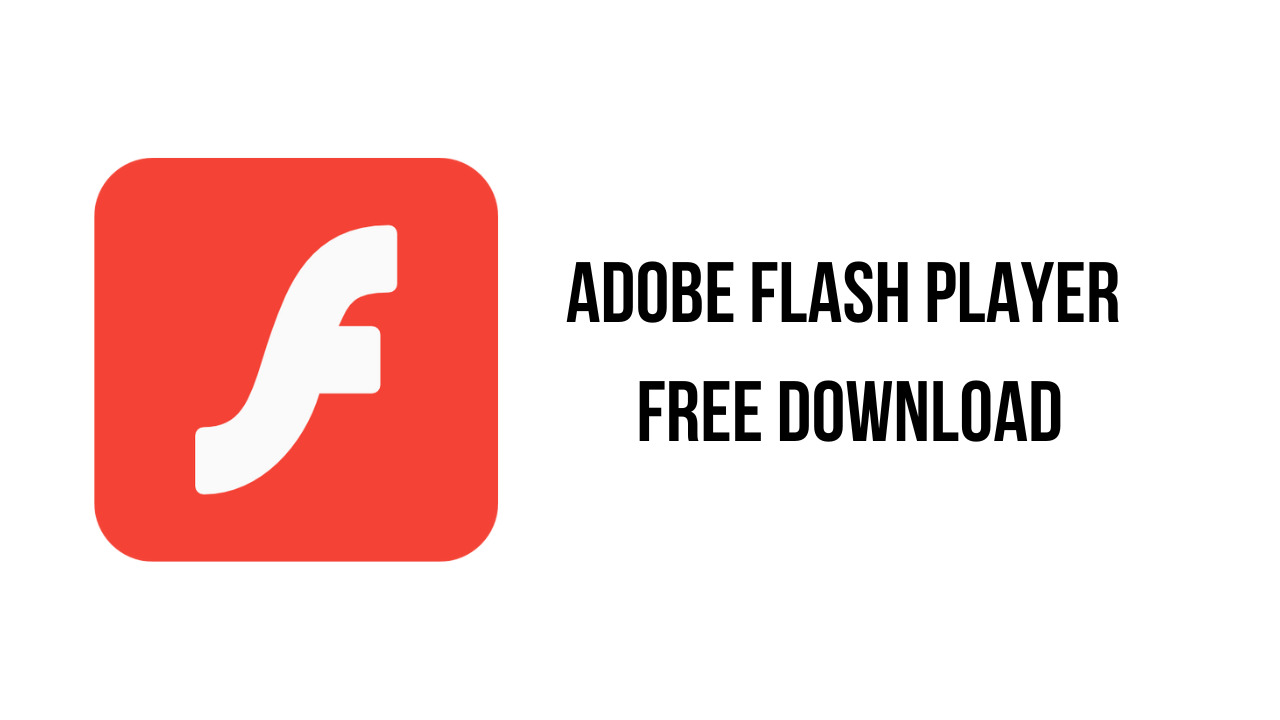Introduction
In today's digital age, web browsers have become an integral part of our daily lives, serving as gateways to a vast array of online content. Among the multitude of browser extensions available, Flash has long been a staple for delivering multimedia content. However, with the evolution of web technologies and the emergence of more secure and efficient alternatives, the need to block Flash in Firefox has become increasingly apparent.
As the internet landscape continues to evolve, so do the potential security risks associated with outdated technologies. Flash, in particular, has garnered a notorious reputation for its susceptibility to vulnerabilities and exploitation by malicious entities. Consequently, many users are seeking ways to mitigate these risks by disabling or blocking Flash in their web browsers.
In this article, we will delve into the rationale behind blocking Flash in Firefox, exploring the potential benefits and implications of taking this proactive measure. Furthermore, we will provide a comprehensive guide on how to effectively block Flash in Firefox, empowering users to enhance their browsing experience while bolstering their online security.
By understanding the significance of this endeavor and equipping ourselves with the necessary knowledge, we can navigate the ever-changing digital landscape with confidence and peace of mind. Let's embark on this journey to safeguard our browsing experience and fortify our online security by learning how to block Flash in Firefox.
Why block Flash in Firefox?
In recent years, the utilization of Flash in web browsing has significantly declined, primarily due to its inherent security vulnerabilities and the advent of more advanced and secure technologies. As a result, the decision to block Flash in Firefox is driven by several compelling reasons, each underscoring the importance of this proactive measure.
Security Vulnerabilities:
Flash has long been plagued by a myriad of security vulnerabilities, making it an attractive target for cyber threats. Exploitation of these vulnerabilities can lead to unauthorized access to users' systems, data breaches, and the proliferation of malware. By blocking Flash in Firefox, users can mitigate these risks and fortify their online security posture.
Performance and Stability:
Flash is notorious for its adverse impact on browser performance and stability. It is often associated with sluggishness, frequent crashes, and excessive resource consumption. By disabling Flash, users can experience a smoother and more reliable browsing experience, free from the hindrances posed by this outdated technology.
Obsolescence and Compatibility:
As web standards continue to evolve, the relevance and compatibility of Flash have diminished. Many modern websites and web applications have transitioned to utilizing HTML5 and other more efficient multimedia technologies. Consequently, blocking Flash in Firefox aligns with the industry's shift towards modern, standardized web practices, ensuring seamless compatibility and optimal user experience.
Battery Life and Energy Efficiency:
Flash content is notorious for its voracious appetite for system resources, particularly in the realm of battery life and energy consumption on mobile devices. By disabling Flash, users can prolong their device's battery life and promote energy efficiency, contributing to a more sustainable and eco-friendly browsing experience.
Enhanced Privacy:
Flash has been associated with privacy concerns, including the potential for tracking and data collection. By blocking Flash in Firefox, users can mitigate these privacy risks and exert greater control over their online activities, fostering a more secure and private browsing environment.
In light of these compelling reasons, it becomes evident that blocking Flash in Firefox is a prudent and proactive step towards enhancing security, performance, compatibility, and privacy in the realm of web browsing. By embracing this transition and leveraging more modern and secure technologies, users can elevate their browsing experience while safeguarding themselves against potential threats and vulnerabilities.
How to block Flash in Firefox
Blocking Flash in Firefox is a straightforward process that empowers users to enhance their browsing security and experience. By following the steps outlined below, users can effectively disable Flash and mitigate the associated security risks and performance issues.
Step 1: Accessing Firefox Add-ons
- Launch Firefox and click on the three horizontal lines in the top-right corner to access the menu.
- Select "Add-ons" from the dropdown menu to open the Add-ons Manager.
Step 2: Managing Add-ons
- In the Add-ons Manager, navigate to the left-hand sidebar and select "Plugins" to view the installed plugins.
- Locate "Shockwave Flash" in the list of plugins.
Step 3: Disabling Flash
- Click on the dropdown menu next to "Shockwave Flash" and select "Never Activate" from the options.
- Once "Never Activate" is selected, Flash will be disabled in Firefox.
Step 4: Verifying Flash Status
- To ensure that Flash is successfully blocked, visit a website known to utilize Flash content, such as a Flash-based game or video.
- If Flash content fails to load or display, it indicates that Flash has been effectively blocked in Firefox.
Alternative Method: Using Click-to-Play
- For an additional layer of control over Flash content, users can enable Click-to-Play for plugins in Firefox.
- This feature prompts users to manually activate Flash content on a per-site basis, providing greater control over its usage.
By following these simple steps, users can seamlessly block Flash in Firefox, thereby fortifying their browsing security and optimizing their browsing experience. Embracing this transition towards more modern and secure technologies aligns with the evolving landscape of web standards and best practices, ensuring a safer and more efficient browsing environment for all Firefox users.
Conclusion
In conclusion, the decision to block Flash in Firefox represents a proactive and prudent measure to fortify browsing security, enhance performance, and align with modern web standards. By addressing the inherent security vulnerabilities, performance drawbacks, and obsolescence associated with Flash, users can elevate their browsing experience while mitigating potential risks.
The transition away from Flash is not merely a technological evolution but a strategic shift towards a more secure, efficient, and sustainable browsing environment. By disabling Flash in Firefox, users can safeguard themselves against security exploits, data breaches, and malware infiltration, thereby fostering a safer online ecosystem for themselves and others.
Furthermore, the decision to block Flash in Firefox contributes to a more seamless and compatible browsing experience, as modern web technologies such as HTML5 have become the standard for delivering multimedia content. This transition ensures that users can access and interact with a wide array of web content without the limitations and compatibility issues associated with Flash.
Moreover, by embracing this transition, users can contribute to energy efficiency and sustainability, particularly on mobile devices, where battery life and resource consumption are critical factors. Disabling Flash can lead to prolonged battery life and reduced energy consumption, aligning with the broader initiative to promote eco-friendly and sustainable browsing practices.
The enhanced privacy and control afforded by blocking Flash in Firefox further empower users to navigate the digital landscape with confidence, knowing that their online activities are shielded from intrusive tracking and data collection often associated with Flash content.
In essence, the decision to block Flash in Firefox is a testament to the collective commitment towards a safer, more efficient, and privacy-respecting online experience. By following the outlined steps and embracing the transition towards modern web technologies, users can embark on a journey towards a more secure and seamless browsing experience, free from the constraints and vulnerabilities of outdated technologies.
As we continue to adapt to the ever-changing digital landscape, the proactive measures taken to block Flash in Firefox serve as a testament to our collective dedication to fostering a secure, efficient, and sustainable online ecosystem. Let us embrace this transition with confidence, knowing that we are fortifying our browsing experience and contributing to a safer and more resilient digital future.

























